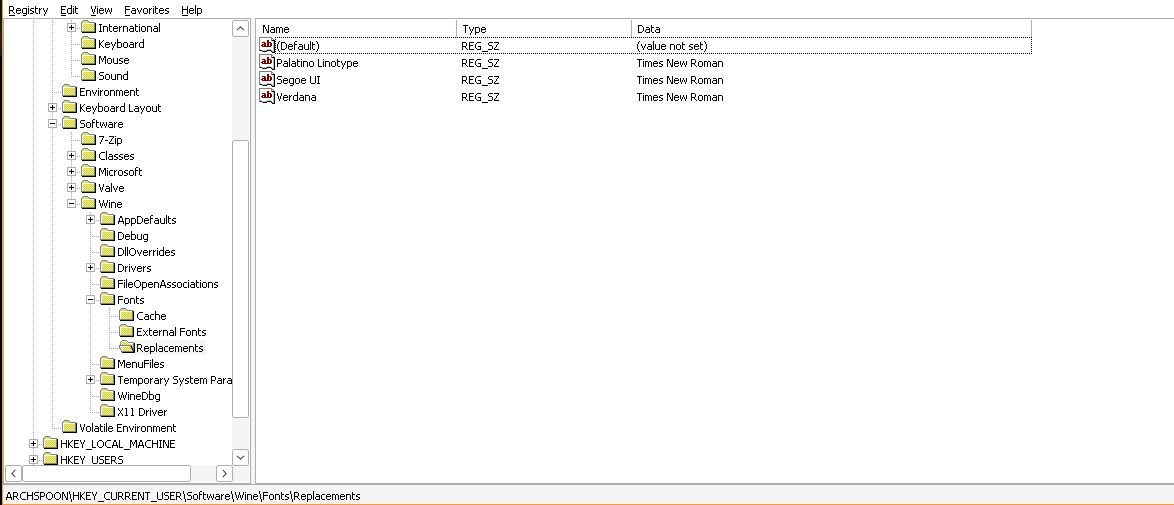

the qobuz webapp is hi-res too, I just use it in Firefox and my dac reports the same bit/sample rate that qobuz does. AFAIK there’s no compression there though I haven’t extensively verified that, only that the end result is 24bit/192kHz if that’s what qobuz says is playing.
EDIT: Also, qobuz is nice because there’s very few things you can click on in the web interface which cause the music to stop playing. I really appreciate that feature… looking at you bandcamp…






works for me both on my archlinux machine and my steamdeck with steam and non-steam games. I’ve even played NFSU2 with it =] . I don’t think it required any more configuration than just pairing for me, no special drivers or tools. Maybe it needs a firmware update (I don’t know if that’s a thing, just a thought)?